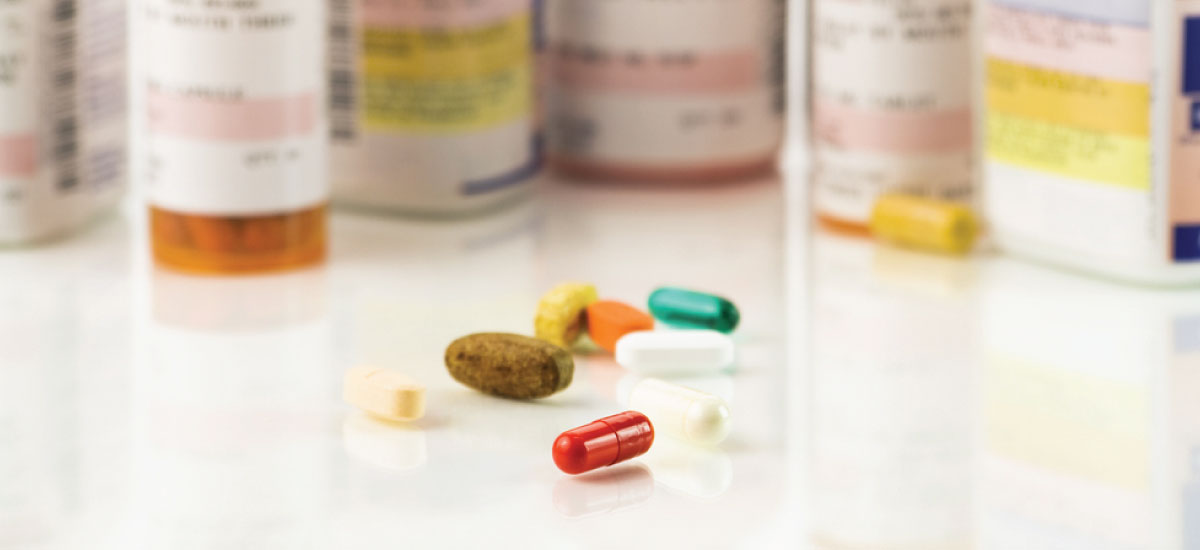Jury awards $9 billion verdict
Stunned silence greeted the Louisiana jury’s verdict, among the largest ever. The jury ruled that drug makers Takeda and Eli Lilly covered up the links between the popular diabetes drug Actos and bladder cancer and awarded the plaintiff $9 billion.
That’s right. $9 billion.
If that seems like a lit, it is. Even the attorneys for the plaintiff were stunned.
“No one’s going out and buying a new house,” said Mark Lanier, lead attorney in the case.
Then he added that the evidence provided at the trial linked Actos to bladder cancer seven years before the ruling came down.
“Eight people from Lafayette, Louisiana, spoke loudly about how business is to be conducted in America,” Lanier said. “This should be a wake-up call to any business that acts with reckless disregard for the safety of people.”
That is what links this case to just about every other large verdict that juries across the country have leveled against big companies: the juries felt that the company acted with reckless disregard for people’s safety.
In every law suit, from the notorious McDonald’s coffee incident to the Exxon Valdez oil spill case to the massive tobacco settlements to the Firestone tire cases, the size of the verdict was directly linked to how much the company knew and how vigorously it tried to cover up.
In June 2011, the U.S. Food and Drug Administration published a drug safety update on Actos, which said there was a 40 percent increase in bladder cancer risk in people who used the drug for longer than a year. It required that the cancer risk be added to the medication’s warning label. Actos has been marketed since 1999.
Actos comes with warnings about various serious side effects, including liver problems and higher risk of broken bones but, until 2011, it carried no warnings about a possible link to bladder cancer.
Germany and France suspended use of the drug in 2011 due to concerns of a possible link to cancer.
A former Takeda medical reviewer alleged in 2012 that the Japanese drugmaker understated the number of bladder cancer cases possibly linked to Actos in its disclosures to the FDA.
Few of these huge verdicts survived appeal. That hot coffee case, the one that precipitated a tidal wave of tort reform legislation around the turn of the last century, was eventually settled for pennies on the dollar.
Still, local juries continue to hammer at companies who willfully disregard public safety.
If you took Actos and was later diagnosed with bladder cancer, please contact an attorney who focuses on defective drug lawsuits. There is no obligation for an initial visit with any of the attorneys at our law firm.

